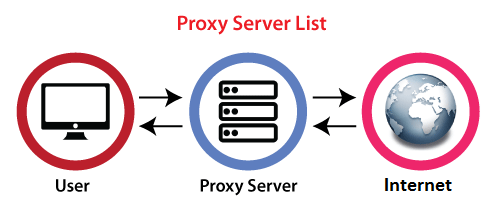

ISS had previously indicated that in evaluating say-on-climate votes, it would consider looking at the following criteria among others: The policy will list the main criteria for analyzing such plans.
/filters:no_upscale()/articles/Web-Sockets-Proxy-Servers/en/resources/websockets1.png)
If an issuer asks shareholders to vote on its climate transition plan (a say-on-climate vote), ISS will recommend voting on a case-by-case basis.

Say-on-climate votes and shareholder proposals Board responsiveness generally includes disclosure of engagement activities, specified actions undertaken by the board and an analysis of the basis of the pay practices in question. Most Canadian say-on-pay votes garner average shareholder approval in excess of 90%. ISS will evaluate the board’s responsiveness where a shareholder vote on executive compensation does not receive a 80% positive response. In addition, there is an exemption for issuers with four or fewer directors. This change was announced last year with a one-year grace period but has been further amended by requiring an issuer to commit to achieving the 30% target by its next AGM as opposed to “within a reasonable timeframe.” Exemptions will continue to be available for newly listed TSX issuers and those transitioning from the TSX-V within the prior or current fiscal year. ISS will recommend voting against the chair of a nominating committee (or other chair as applicable) where women comprise less than 30% of the board and the issuer has not provided a clear commitment to achieve this target prior to the next annual general meeting. S&P / TSX Composite Index issuers will be subject to a higher benchmark. This recommendation has been expanded from being applicable to “widely held” TSX-listed issuers to all TSX-listed issuers.



 0 kommentar(er)
0 kommentar(er)
